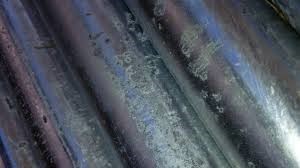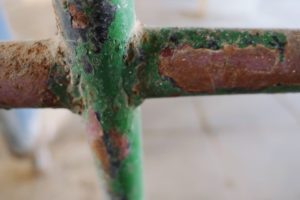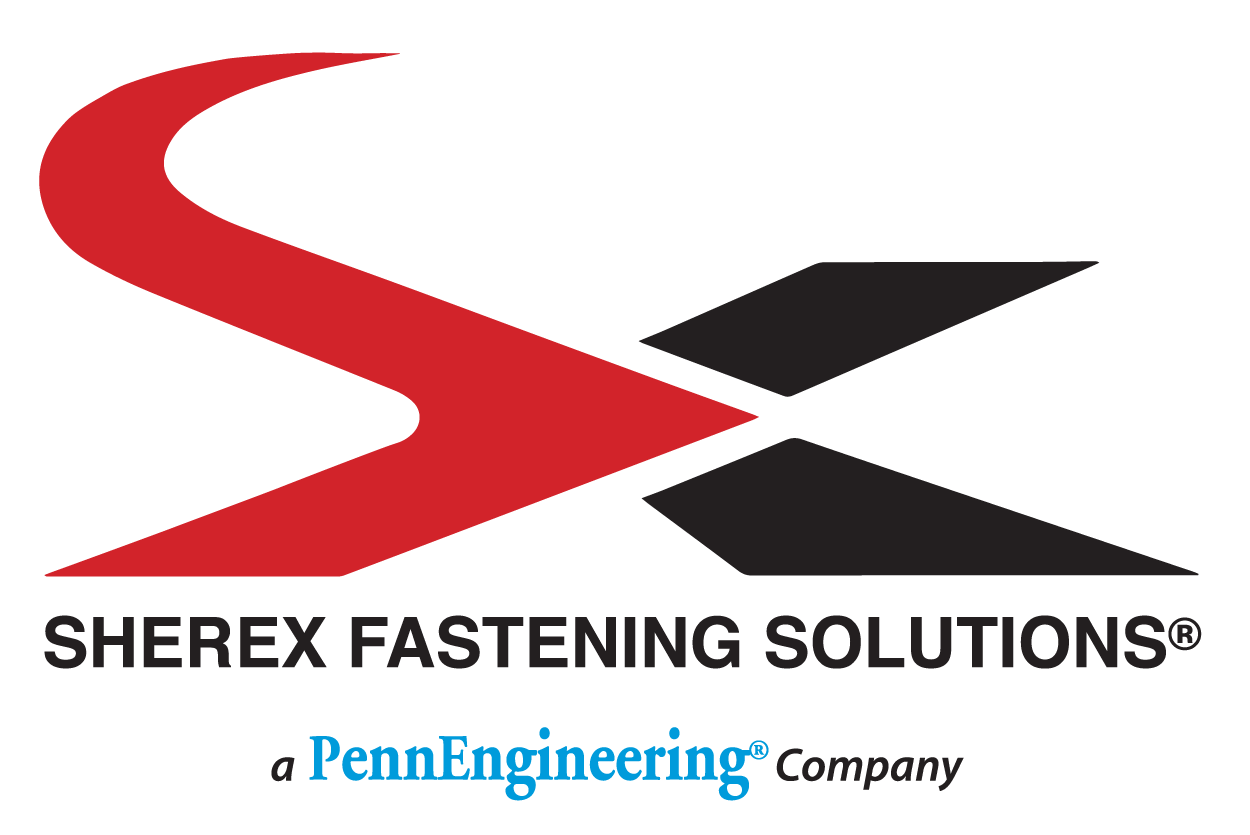Rivet Nut Corrosion Protection
1 CommentBy Frank Genovese, Applications Engineer, Sherex
There’s always peace of mind knowing that a correctly installed rivet nut is the end of your concerns.
However, there is more to a properly installed rivet nut to ensure its success.
Your rivet nut will be exposed to the outside world of air and moisture, or it may reside in an environment where the piece will be subject to many bumps and scratches throughout its lifetime. While correctly installing the rivet nut is vitally important to its success as a fastener, there’s one more consideration you have to combat when it comes to rivet nut installation — corrosion.
Corrosion protection for rivet nuts is vitally important when it comes to ensuring the rivet nut will be successful, and there are many ways to combat corrosion.
First, what is corrosion? Corrosion is a surface oxidation process that appears, mainly, in two forms: white rust and red rust.
White Rust a white powder composed of zinc oxide, which eventually coats portions of a surface containing zinc such as the protective layer of zinc-based plating that coats many rivet nuts.

This corrosion does not directly harm the structural integrity of a piece, but makes the piece more vulnerable to a more compromising form of corrosion — red rust, referred to by many as simply “rust.”
Red rust is an iron oxide that physically eats away at the base iron that composes your piece.

So how do you ensure optimal corrosion protection?
Look for rivet nut offerings that are stress-tested with a “salt-spray” test, which subjects rivet nuts to heavy abrasion until rust appears. Rivet nuts coated in a zinc plate with trivalent chromate, which must, at minimum, withstand 96 hours in a salt-spray test before white rust appears with red rust not appearing for another 240 hours. Zinc plate with trivalent chromate comes in clear, yellow, or black options.
For higher corrosion protection, zinc-nickel platings can achieve white-rust times of up to 144 hours minimum, as well as red-rust times of up to 1,200 hours.
If you have rivet nuts that only come in a trivalent plating, a strip and re-plate operation is possible to obtain the plating that best suits you.
The very best option when it comes to corrosion resistance is stainless steel. Stainless steel, though, can be difficult to install so make sure you have the proper tooling to ensure your stainless steel rivet nuts can be installed properly.
If you have any questions regarding which plating or material solution fits your application best please contact us! We are more than happy to give you the information necessary to make an informed decision.





